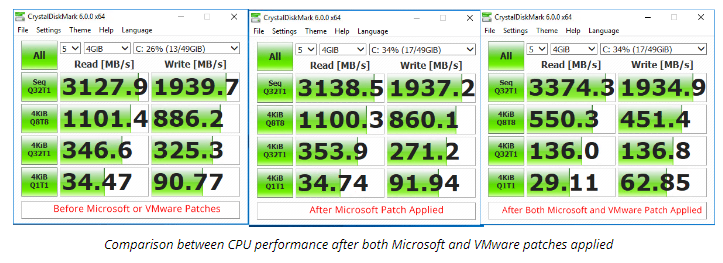Design1stcode2nd
Gawd
- Joined
- Aug 17, 2016
- Messages
- 704
My parents each have Q6600 and E8400 CPUs respectively. Yes, ten year old old CPUs but just fine for their basic needs, though updated and newer software does tax them more than in the beginning. These patches, if they are even released for these CPUs, will make these CPUs useless with today's software, maybe even the old stuff. Annoying. I need to understand the risks of not patching. If it is low I may just avoid patching.
My daughter is using my old Q6600 with a GTX 950 for Sims and Overwatch I hope it doesn't make it any worse. Going to be a year before I can build her a new one.
![[H]ard|Forum](/styles/hardforum/xenforo/logo_dark.png)

